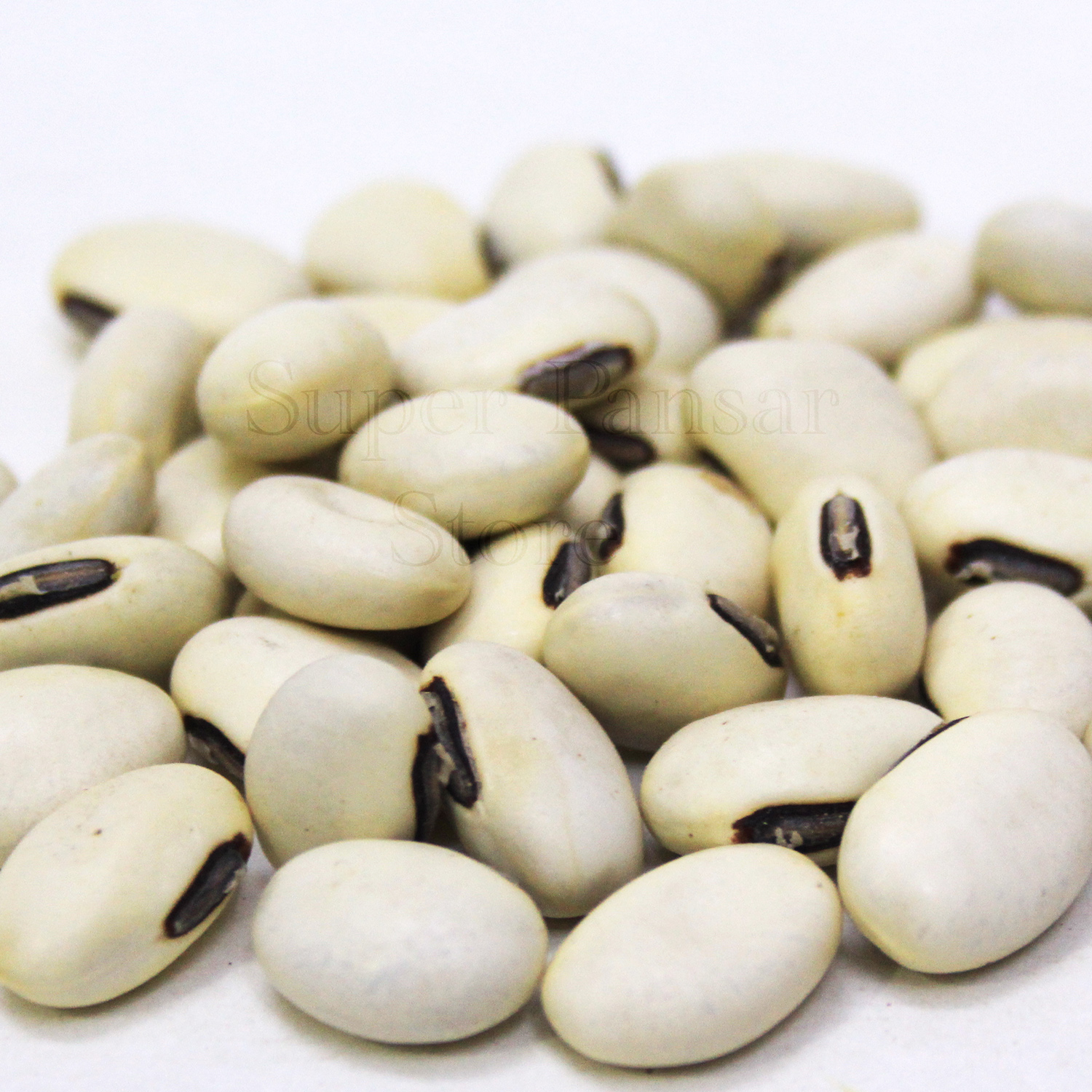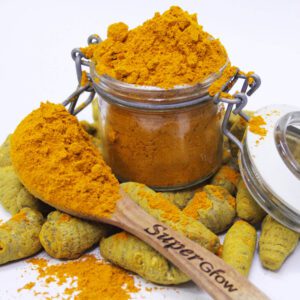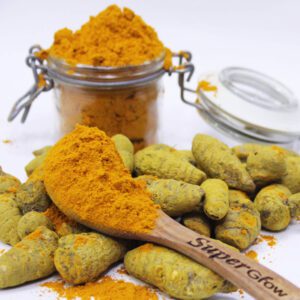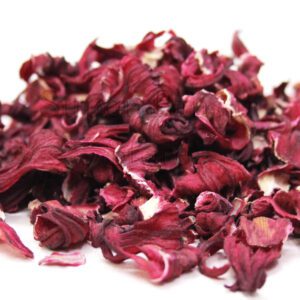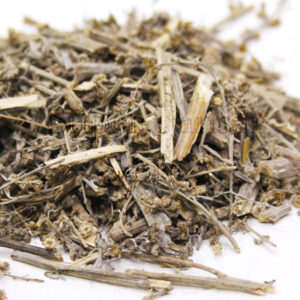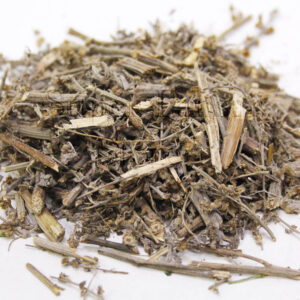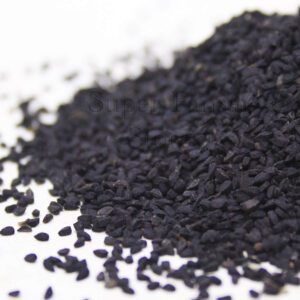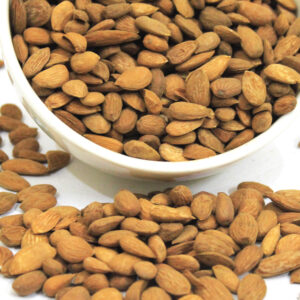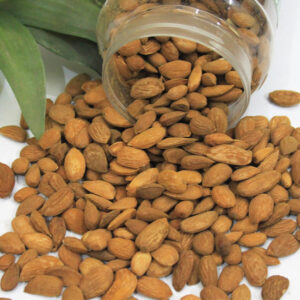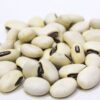- “Syrian Rue Seeds(Peganum Harmala/Harmal) ہرمل” already exists in your wishlist
Mucuna Pruriens (Velvet Beans/Konch Safeed) کونچ سفید
Price range: ₨ 90 through ₨ 1,000
Overview
Mucuna pruriens, also known as velvet beans, is a leguminous plant native to tropical regions of Africa and Asia.
The plant’s distinctive velvet-like hairs on the seed pods can cause itching and irritation upon contact with the skin.
Velvet beans have been used traditionally for medicinal and agricultural purposes.
Benefits
Levodopa Content for Parkinson’s Disease:
Velvet beans are rich in levodopa (L-DOPA), a precursor to the neurotransmitter dopamine.
Some pharmaceutical preparations for Parkinson’s disease include L-DOPA.
Research suggests that velvet beans may have potential in the management of Parkinson’s disease.
as L-DOPA can cross the blood-brain barrier and be converted to dopamine, which is deficient in Parkinson’s patients.
Potential Aphrodisiac Properties:
Traditional medicine uses velvet beans for their supposed aphrodisiac properties.
Some studies have explored the impact of Mucuna pruriens on male reproductive health, suggesting positive effects on sperm parameters and testosterone levels.
Antioxidant Properties:
Velvet beans contain compounds with antioxidant properties, which can help combat oxidative stress in the body.
Antioxidants play a role in neutralizing free radicals, potentially reducing cellular damage.
Adaptogenic Effects:
Some research suggests that velvet beans may possess adaptogenic properties, helping the body adapt to stress and potentially supporting overall well-being.
Mood and Stress Support:
Velvet beans may influence mood and stress levels, possibly due to their impact on neurotransmitters like dopamine and serotonin.
Possible Antidiabetic Effects:
Preliminary studies have explored the potential antidiabetic effects of velvet beans, indicating a role in improving blood sugar levels and insulin sensitivity.
Additional information
| Form | Whole (ثابت), Grounded (کٹی ہوئی), Powder (پسا ہوا) |
|---|---|
| Weight | 50 Grams, 100 Grams, 250 Grams, 500 Grams, 1000 Grams |

